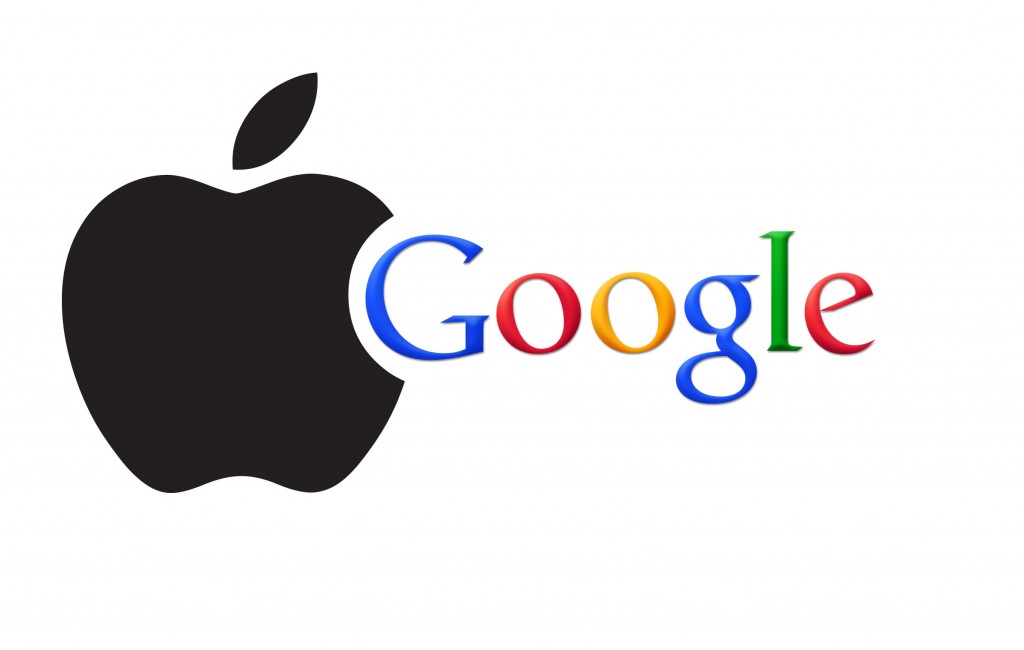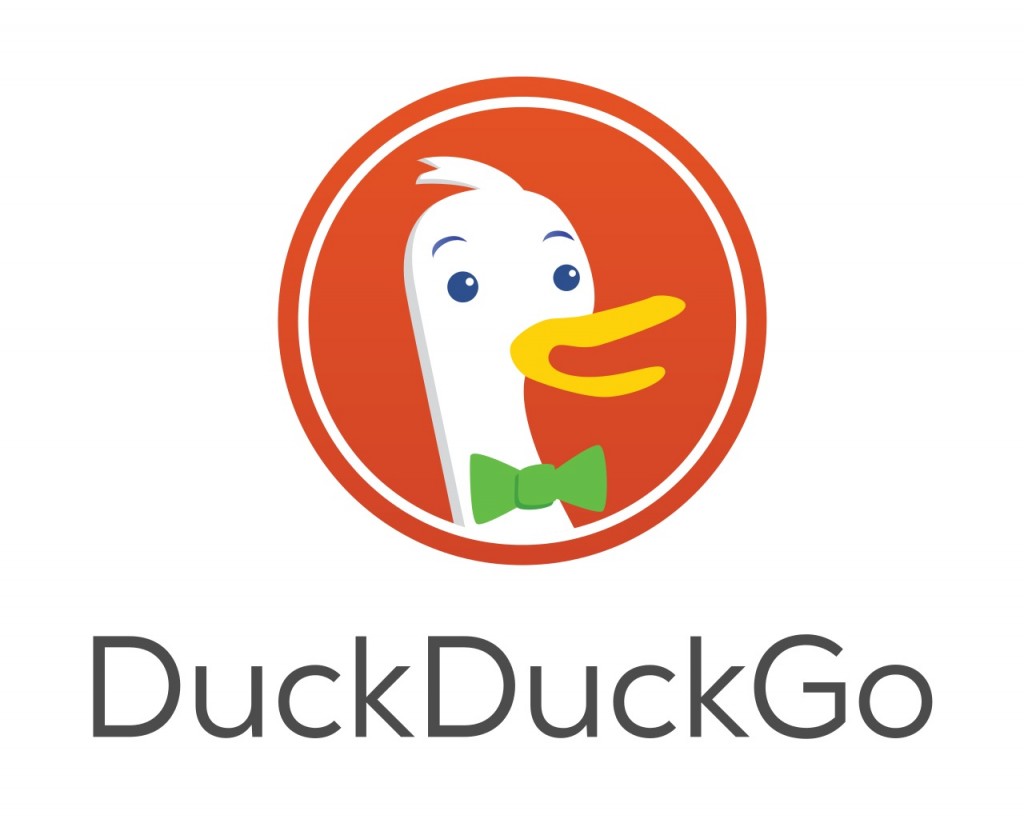It’s no secret what wins bread for Google. 95% of this multibillion dollar search giant’s revenues are attributed to advertising, which in turn, respires on its Search service. Like it or not, the global internet search leader by a million miles sends every keystroke tapped in by you in that ever present Google Search bar to its advanced digital labs where it evaluates every bit of it to deconstruct you as a person.
From your location details (to match local businesses), to your credit card bill amount (to know how much you spend every month), to the flight you’ll take (hotel and flight booking websites), to the doctor’s appointment in your calendar (medical history for insurance and clinics), to the sites you visit in your browser (even better profiling of your interests), to everything you do on your phone (it’s an Android, remember?) – Google has access to all the data it needs in the world to create the perfect digital caricature of your personality. Google may or may not access this data, but nonetheless, this data is a goldmine, to help someone sell you something, or in some cases sell something directly to you.
As detailed above, the Android OS and an array of closely interwoven services such as Google Maps, Google Now, Google Calender, Chrome browser, Gmail etc you use have reduced Google’s dependency on search alone to profile you. Though Search is still is THE most important cog in the machine that mints dollars by the billion for this tech giant. Even with all its driverless cars, and Glasses, and robots, and social networks and everything in between, take that one component away, and Google will come crashing down.
So when the world’s most admired brand, which also happens to be sitting on a colossal cash-pile, and also a key rival, adds a much lesser known search engine to its mobile and desktop operating systems, Google has a reason to be very, very worried.
The service in question is DuckDuckGo, a relatively lesser known search engine, which, according to CNBC has seen a 600% increase in its web traffic since 2013, a time when the shocking revelations of NSA’s public surveillance on the internet suddenly made a substantial chunk of web surfers a lot more concerned about their privacy.
The inclination of the internet users towards DuckDuckGo, which respects users’ privacy and does not track users based on their search history (like Google), was further bolstered when Apple added it as an optional search engine in devices running both iOS and OS X.
Now, Apple has a stellar record in terms of shielding user information and respecting their privacy. And it doesn’t take a genius to know who the tech megabrand’s no.1 rival is. So if Apple can somehow influence its colossal number of followers to use DuckDuckGo as a search engine of choice, it would affect Google nastily. And why wouldn’t Apple want that to happen?
So are we looking at DuckDuckGo turning into Apple Search in the times to come? Or would Apple create a new search engine of its own from scratch? We really don’t know, but we’d really question the acumen of the Apple head honchos if that doesn’t happen.
If that really happens, though, we could be seeing the biggest phase shifts in the history of the Internet post the Google phenomenon. Apple users form a substantial part of the creamy layer of the Internet users. Thanks to their economic soundness, position in the corporate and political world and higher levels of awareness, they more often than not are thought leaders and influencers. A shift in loyalties in search engines, triggered by the web surfers’ a heightened sense of insecurity as regards privacy may lead to a domino effect, with more and more people switching over. In any case, people are itching to try something new on the Internet all the time.
In addition to the privacy concerns, Google, of late is also being criticized for a relative dip in its quality of results. Though unproven, there have been allegations of the search giant favouring established brands and megacorps and pushing smaller websites with better content into nothingness. A new search engine with efficient spiders and an algorithm to deliver quality results would only make people make keener to try it out.
And that, we believe, would be a terrifying thing for the search giant whose name has become synonymous with the internet. But wouldn’t we really want to see that happen…





